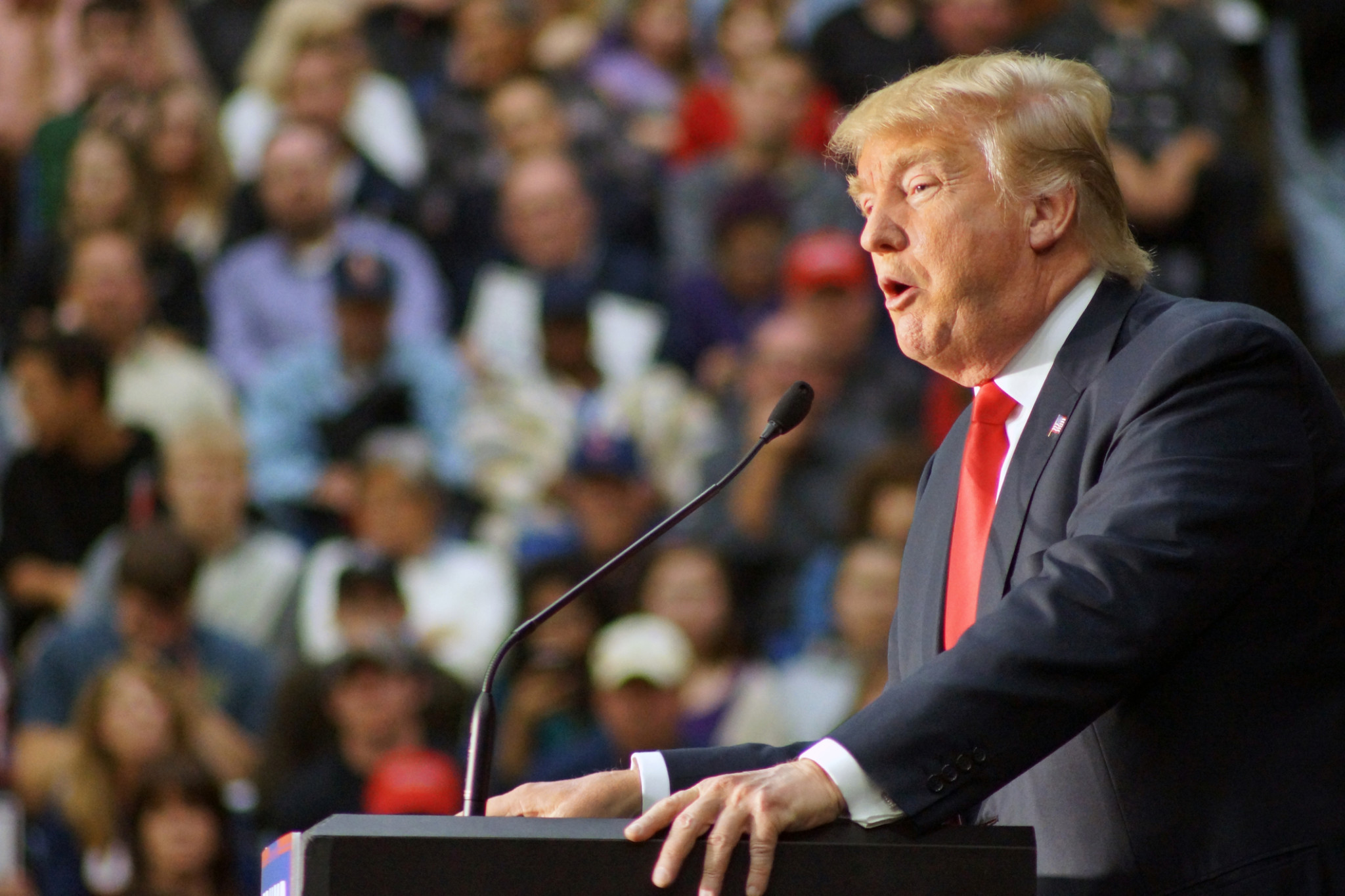On The Land
23 November, 2024
Ag braces for election impact
WHILE the wider implications of a new US administration under President-elect Donald Trump for Australian agriculture will only become apparent over time, there are a number of key watch factors for the sector, particularly for grains and oilseeds, Rabobank says.

RaboResearch general manager Stefan Vogel says for Australian agriculture broadly, the most immediate effect may be felt as a result of a new Trump administration’s impact on currency and then, over the coming months, potentially in trade.
“With the strengthening US dollar that we have already initially seen as a result of the Trump victory, the resultant softening in the Australian dollar is a positive for Australian agricultural exporters,” he said.
“Though conversely, it serves to make farm inputs – including fertiliser, agrochemicals, fuel and equipment – which are largely imported, more costly to purchase.
“Longer term, the knock-on economic benefits may not be as beneficial, as the bigger-spending policies, which were part of Donald Trump’s campaign promises, risk fuelling US inflation and leading to a higher interest rate environment in the United States and potentially also other major economies.”
The risk, too, of a re-escalation of global trade wars seen in the first Trump administration is also a factor for Australia’s agricultural sector to watch, Mr Vogel said.
“While some of our commodities – including Australian canola – did benefit from these trade wars and the stop on China buying and importing US soybeans for an extended period during the last Trump term, there is also the downside risk of trade tensions spilling over to negatively impact our exports, as we saw with the tariffs that were placed on Australian barley, wine, beef and seafood by China,” he said.
Mr Vogel said impacts on Australia’s direct agricultural exports into the US – including for beef – will hopefully be limited.
“Beef might not take centre stage in the economic reasoning of an industrial policy by Trump to protect US producers at a time when US cattle producer prices and retail beef prices are very high,” he said.


